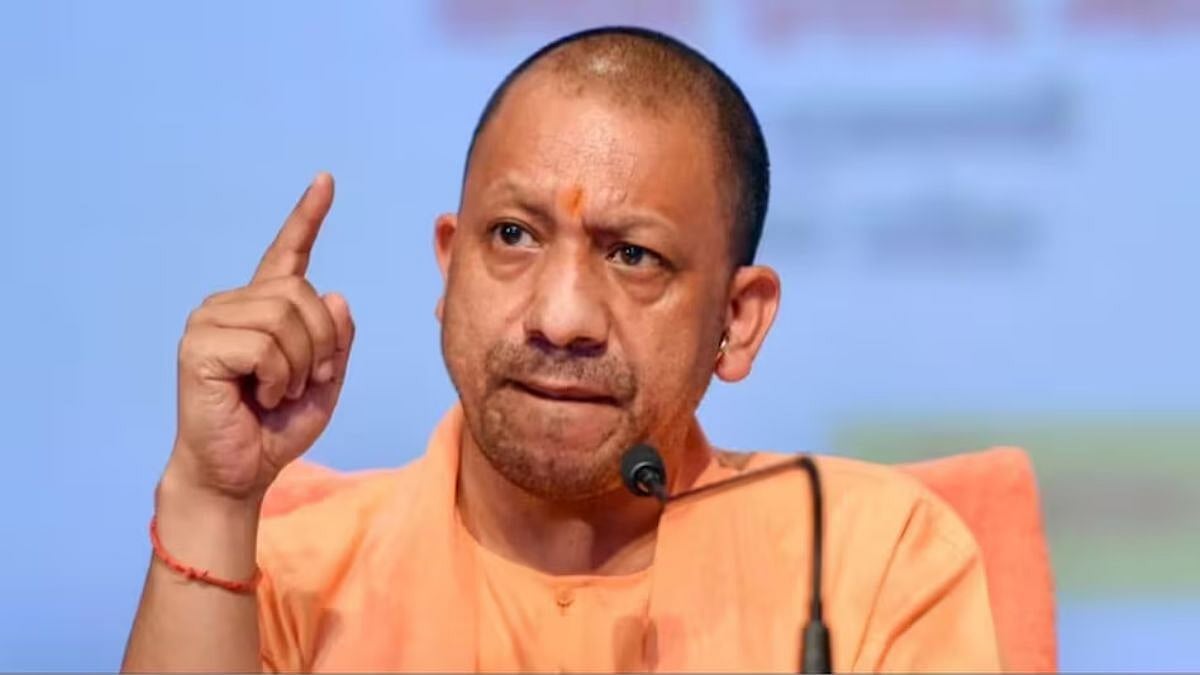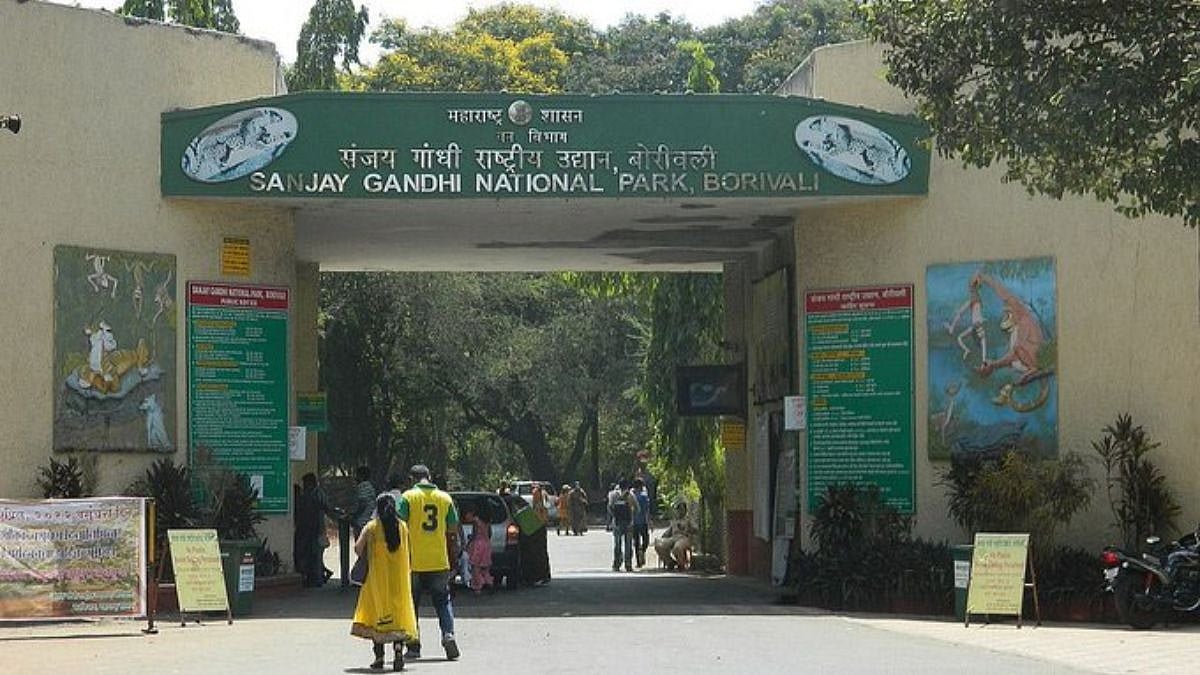It may be too early to talk about early resumption of talks between the farmer groups and the Union government after the mayhem in Delhi unleashed through a ‘tractor rally’ and the assault on Red Fort on Republic Day. But if the fast dwindling sympathy for the agitating farmers following the violence is any indication, this is the moment for the leaders of farmers’ groups to show some sagacity and make amends for their blunders thus far.
First of all, they must shed their pointless ego and return fast to the path of dialogue — without wasting time, casting blame on the Government or the BJP for their current woes.
Two options
For the present, they have two options and they can exercise both of them.
If they are serious about a workable solution to address the fears of a large section of farmers in Punjab due to the new farm laws, they must forthwith engage with the Supreme Court-appointed committee of agriculture experts.
It is no coincidence that the committee, which was set up by the apex Court order of January 12, has come out with a public notice in major newspapers, inviting comments, views and suggestions on the three farm reform acts of 2020. The panel has asked for responses on the portal www.farmer.gov.in/sccommittee or by email to sc.committee-agri@gov.in before February 20.
Secondly, the farmers groups can also convey to the government their readiness for resumption of talks without insisting on the repeal of the farm laws as a precondition, which they have done so far, resulting in the present stalemate.
Instead of treating this new approach as a sort of recapitulation, the farmers groups must look for pragmatic solutions that are ‘doable’. It is natural that with farmer unions on the backfoot following the violence during the tractor rally, the Government will sound tough and want to resume talks only after its offers are accepted. But the indications are that the government too would be willing to resume negotiations.
After all, before the talks broke down, the government had offered to keep the three farm laws in abeyance for 18 months. Since then, informal talks between the farm union leaders and the government’s representatives have not been called off.
Channels of communication
It would be good to revive these channels of communication, appreciating the fact that the laws, as on today, are not in operation. There is no dispute about the Minimum Support Price (MSP), which is very much in place and the procurement of rice and wheat has continued unhindered, even with the passage of the farm laws.
Thirdly, since the farmer unions leaders have condemned the mayhem, they must appear to be cooperating with the government in taking the matters to a logical solution. The trust deficit can be corrected if they show readiness in cooperating with the investigative agencies in identifying the culprits behind the chaos of January 26.
That would also send a signal that they are upholders of the rule of law.
We know for a fact that much before the mayhem on Republic Day, the top leaders of the so-called ‘Kisan Morcha’ had lost a sense of direction after they rejected the Union government’s offer to keep the three farm laws in abeyance for 18 months.
Differing views
Sharp differences between the senior and relatively junior leaders on this issue had led to a deep rift, causing a lot of confusion within the unions. It is no secret that, while the experienced farmer leaders who had been attending the talks with the government wanted to accept the Centre’s offer to suspend the laws, the radical ones from Punjab believed that the Government could be made to buckle under pressure.
The militant among the agitators thought nothing short of an immediate repeal of the three laws, which the Government had, in any case, ruled out.
Even the tractor march on January 26 was meant as a pressure tactic, which was fully backed by the Opposition.
But the senseless show of anarchic violence, putting a question mark over the politics of the protest, has knocked out the bottom of the Opposition’s arsenal of using proxies to corner the Government. It is also true that some religious groups operating out of Canada and the UK have financed some fringe elements to stir trouble.
Little realising the dangers that have befallen such agitational politics, Congress leader Rahul Gandhi has said, “the country would have been on fire if all farmers understood the fine print of the laws”. One wonders whether he really understands whose tail is actually on fire.
Doubling farmers' income
It is high time the Opposition realised that the objectives of the farm laws were once theirs too, when they were in government. They are entitled to the view that the Government did not give them due weightage during the passage of legislation in Parliament and wanted to take full credit, to woo the farmers.
But doubling the income of farmers should not be just Prime Minister Narendra Modi’s dream. The Opposition must realise that both short-term and long-term measures are urgently needed, to re-incentivise our agriculture. It is not without reason that International Monetary Fund’s Chief Economist Gita Gopinath has said that Indian agriculture is in need of reforms and the new farm laws have the potential to increase farmers’ income. Gopinath is no great friend of Modi. She worked as the economic adviser to Kerala Chief Minister Pinarayi Vijayan between 2016 and 2018 before being hired as chief economist of the IMF.
As things stand today, Modi has not cut agricultural subsidies. Rather, he has gone about spending more money for the welfare of farmers under various schemes. But he is keen that the really needy farmers all over the country benefit from the Government.
Ultimately, some subsidies that are wasted in the name of farmers or pocketed by a select few will have to make way for capital expenditure like better irrigation facilities and cold warehouses, so that benefits are passed on to more and more farmers.
Punjab farmers need to diversify from paddy and wheat and move on to other crops. They must get out of the trap of producing more and more of the same, for which demand is not increasing. Of course, the vulnerable farmers need a strong safety net. They have legitimate reasons for seeking compensation for diversification of their produce in keeping with changing demand.
The writer is a former Senior Associate Editor of Hindustan Times and Political Editor of Deccan Herald, New Delhi.









